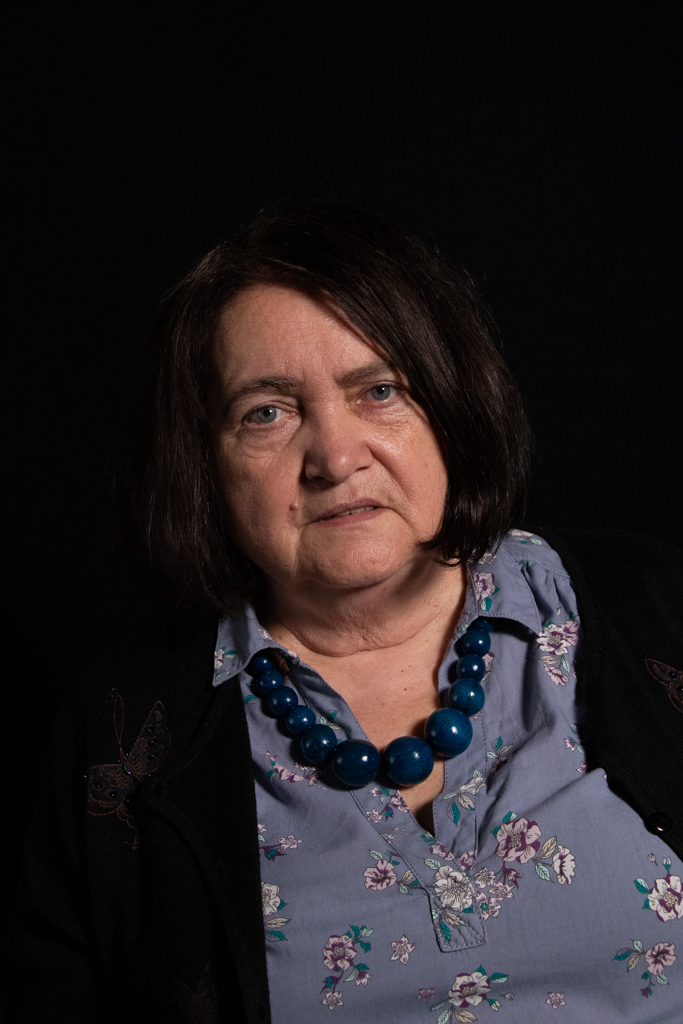I was so annoyed that we couldn’t go to the West

Download image
Ivana Šustrová was born on 14 December 1948 in Prague to her mother Jitka Bodláková and father Josef Heller, but she did not grow up with him. She had an older sister Petruška, and after her mother’s marriage they both took the name of her stepfather Vladimír Šustra. In 1957, her brother Martin was born, who tragically died in 1981. Ivana Šustrová dropped out of school at the age of twelve in 1967 and became a bus conductor. Shortly after the occupation of Czechoslovakia by Warsaw Pact troops in August 1968, she left for West Berlin via Switzerland, where she found work at the Telefunken factory. She then studied for three years at the Evangelical Academy and became a social worker. In Berlin she first met members of the Revolutionary Youth Movement (HRM), which her sister Petruška co-founded in Prague. In 1971 she worked briefly as a proofreader for the Czech-language far-left magazine Informační materiály (Infomat). After a break, she returned to Infomat and worked on the quarterly until 1981. In the 1980s, she established a friendship with Abbot Anastáz Opasek and the Opus Bonum association and participated in the organisation of meetings in Franken and concerts of Czech exile singers in Budapest. From 1985 she lived in Munich, from where she followed the events of the Velvet Revolution in Prague, but she did not return to her native country permanently. She was living in Berlin at the time of filming in 2022.

